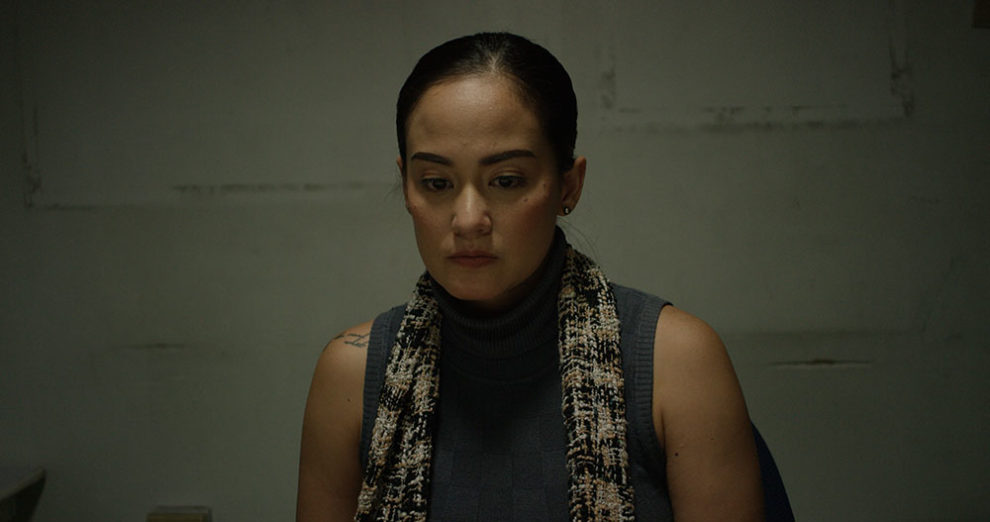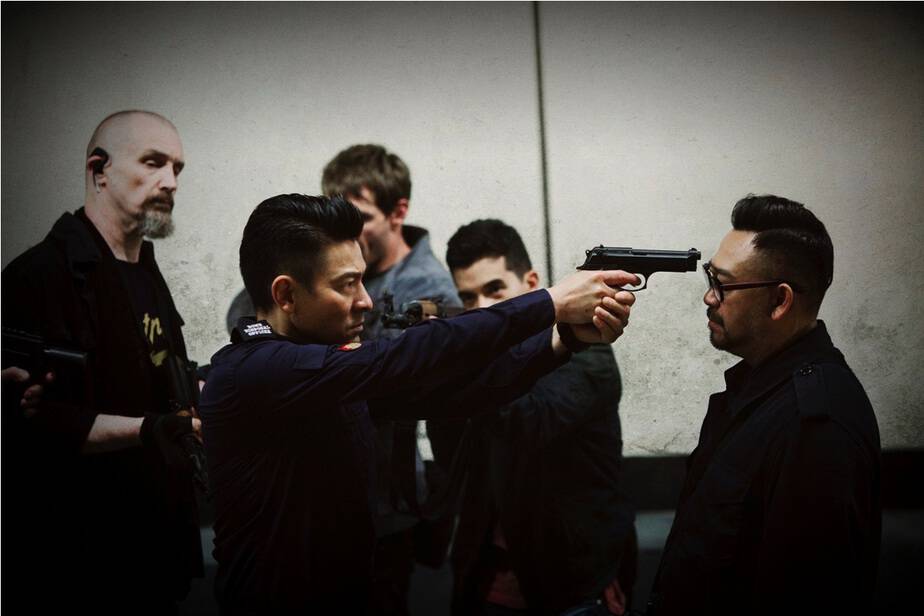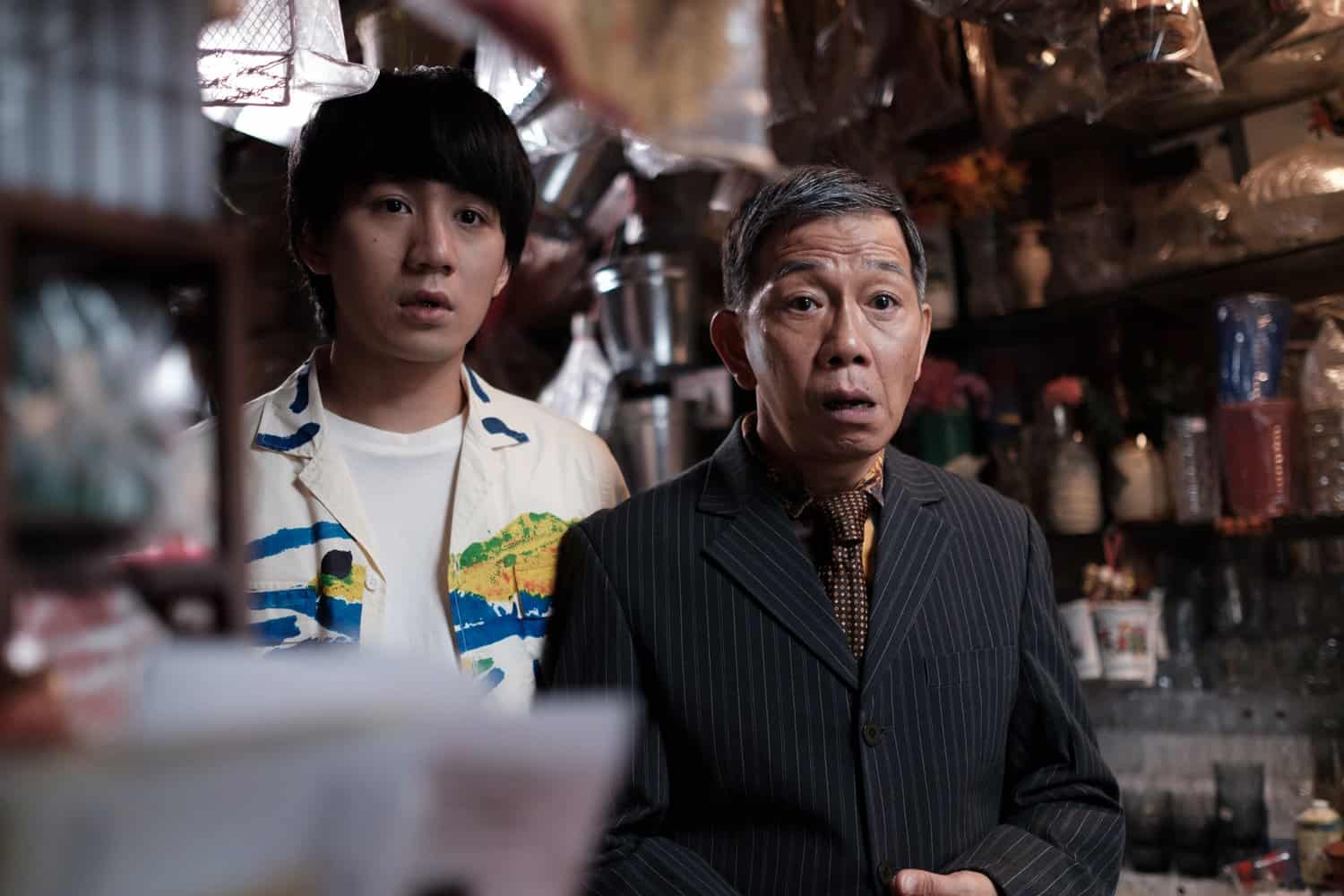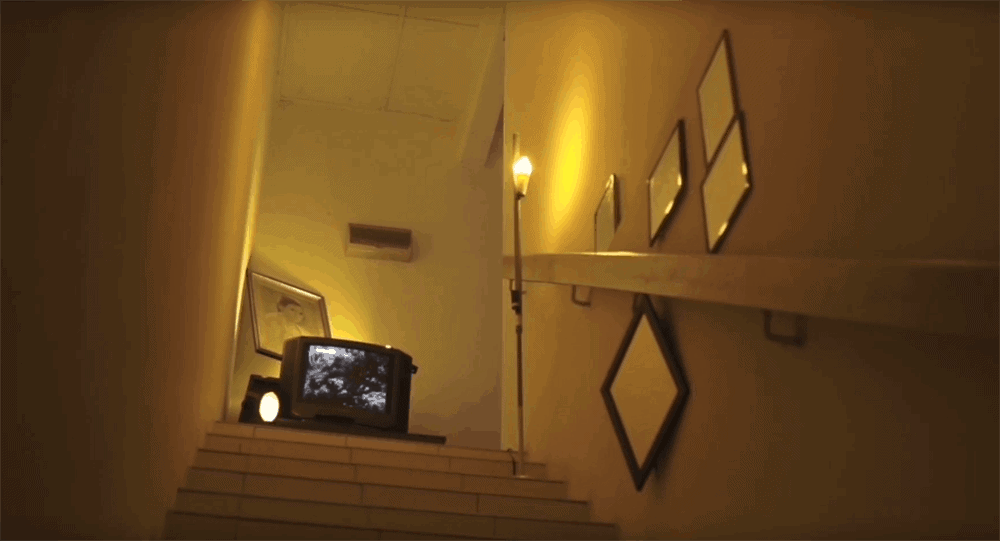Winner of the Netpac Award for Full-length Category and the Best Actress honor for Max Eigenmann in the recent Cinemalaya Independent Film Festival, Anna Isabelle Matutina's feature debut focuses on the hardships Filipino women face in a highly conservative and deeply patriarchal country, through a story about the issues a 40-year-old woman who gets pregnant faces.
“12 Weeks” screened at Cinemalaya
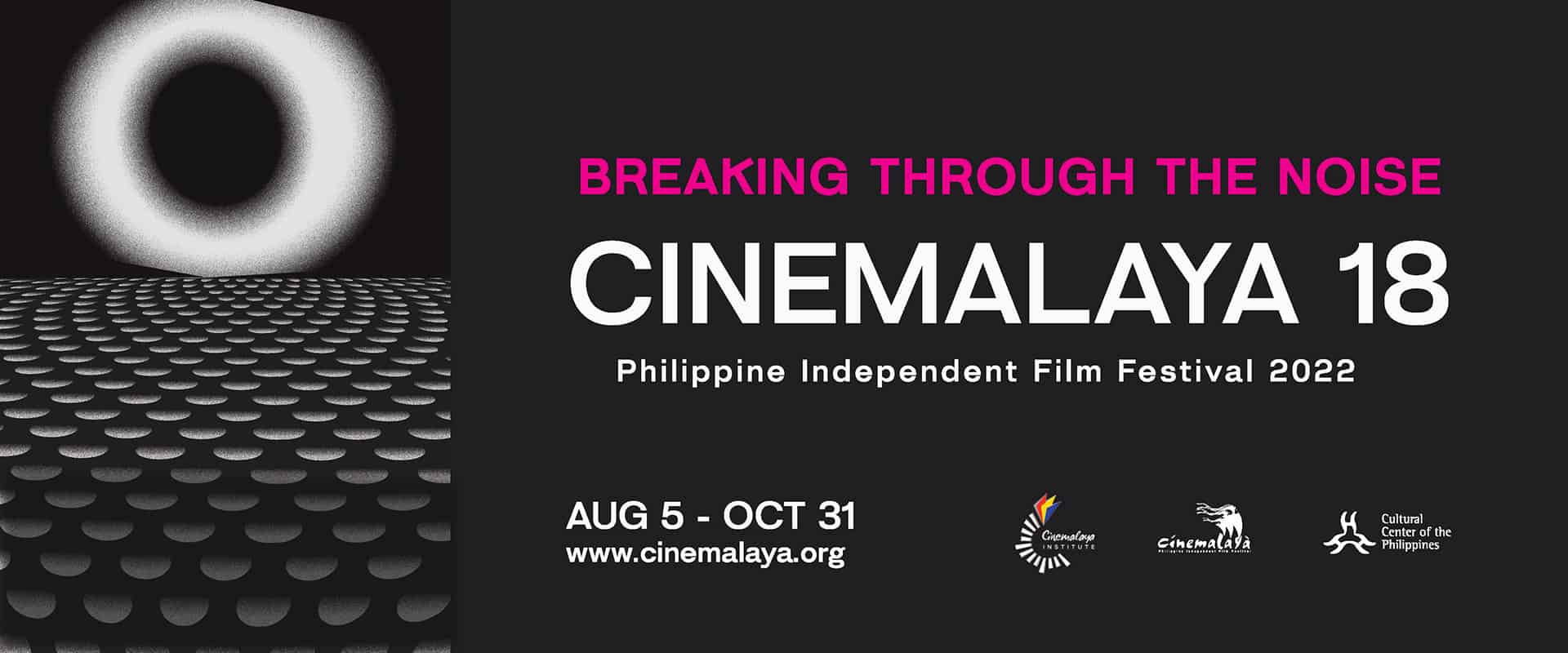
The said woman is named Alice, and is working in an NGO that, as the story begins, is focusing on the consequences of the martial law in Mindanao. Despite some issues in her work, where she is not exactly appreciated, Alice's biggest problems lie in her house, where she is desperately trying to break up from a toxic relationship with her musician boyfriend, Ben, but continuously fails, both due to his insistence not to leave but also due to her not being forceful enough in her decision. The unwanted pregnancy adds another notch to her trouble, and her only support seems to come from Lorna, a friend and colleague, who has, though, her own issues, not to mention exhibiting a passive aggressive behavior towards Alice quite frequently. Furthemore, when Ben learns of her pregnancy, he calls her controlling, rather judgemental mother, who arrives in her apartment set on forcing her own will regarding the baby to her daughter. As time passes, the pressure piles on Alice from all directions, while Ben is proving more and more immature.
Anna Isabelle Matutina implements a rather European (French if you prefer) style of filmmaking in order to tell her story, as dictated by the permeating realism in all aspects of the movie and the frequent close-ups to her protagonist who seems to appear in every single scene of the movie, in the style of “Blue is the Warmest Color” and “Happening”. The last aspect in particular, usually helps the protagonists shine, but at the same time demands superb performances to work, which luckily, Matutina gets from Max Eigenmann here, in one of the best traits of the movie. Particularly the way Eigenmann manages to portray a plethora of emotions and psychological statuses in a measured and essentially laconic fashion, is a treat to the viewer, with her expressive eyes being the apogee of an overall excellent execution. Furthermore, the way her interactions differ according to the person in front of her (her boss, Ben, her mother, Lorna, the woman she talks about getting an abortion) add yet another trait to her acting, while exemplifying the great chemistry she shares with all of her fellow actors.
Among them, the one that stands out the most is Bing Pimentel as Alice's mother, who is actually the real life mother of Max Eigenmann, in a meta level that works quite nicely here. The interactions of the two are great to watch, particularly in the way the mother always “attacks” and Alice is constantly either on the defense or simply just tolerating the situation. At the same time, the wish of the mother for her to have a child, but with someone good looking in order for their great genes to continue presents one of the main comments here, regarding patriarchy and the different forms it can be found in (Filipino) society.
The rest of the comments are also presented through Alice's interactions with different individuals. That her boss considers her incapable after she becomes pregnant highlights the injustice women face in their work environment on occasion. Furthermore, that Ben is not willing to listen to her or take her decision to break up seriously, also highlights how men perceive women, in another comment against patriarchy.
While the presentation of the story as a whole and the various comments are quite interesting, some arcs seem somewhat far-fetched or disconnected from the rest of the film, with the NGO one and the political comments, as much as the presence of the almost always half-naked neighbor being the most evident examples. Some trimming in that regard would definitely benefit the movie, which somewhat overextends its welcome at 105 minutes. Apart from this however, Michael Lacanilao and Matutina's own editing induces the movie with a mid-tempo that suits its aesthetics nicely.
The same quality applies to Jippy Pascua's cinematography, who captures the protagonist in a way that allows her to show her reach, and the setting in a way that highlights the claustrophobic environment Alice inhabits. The scenes showing only her while talking to a consultant regarding her pregnancy are also very well shot, while proving a nice change from the rest of the visual style.
“12 Weeks” has some issues regarding its narrative, but in general emerges as a rather interesting and easy to watch film, particularly for its comments and the overall acting.


